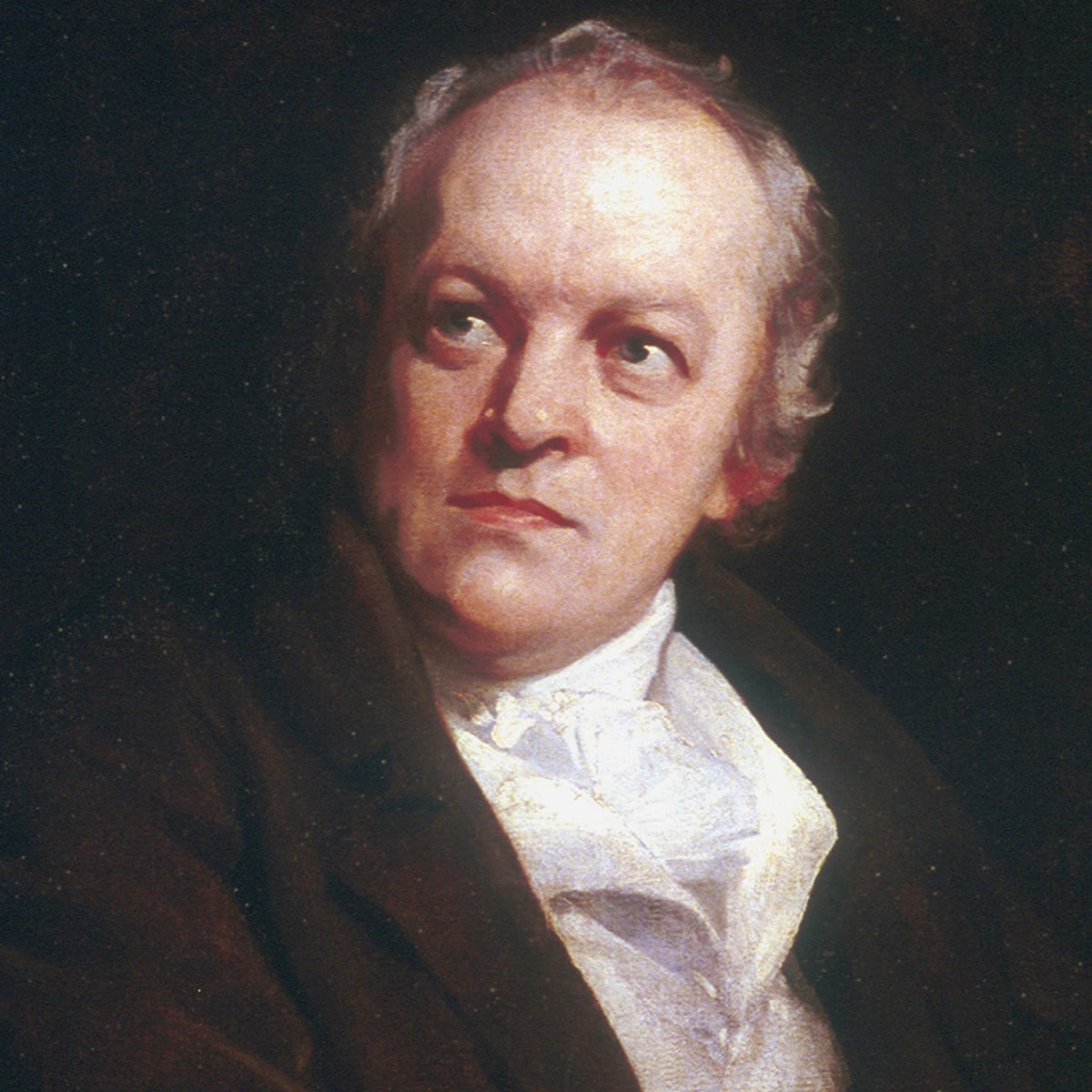Tyger! Tyger! burning bright
In the forests of the night,
What immortal hand or eye
Could frame thy fearful symmetry?
In what distant deeps or skies
Burnt the fire of thine eyes?
On what wings dare he aspire?
What the hand, dare sieze the fire?
And what shoulder, & what art,
Could twist the sinews of thy heart?
And when thy heart began to beat,
What dread hand? & what dread feet?
What the hammer? what the chain?
In what furnace was thy brain?
What the anvil? what dread grasp
Dare its deadly terrors clasp?
When the stars threw down their spears,
And water'd heaven with their tears,
Did he smile his work to see?
Did he who made the Lamb make thee?
Tyger! Tyger! burning bright
In the forests of the night,
What immortal hand or eye
Dare frame thy fearful symmetry?
Published:
1794
Length:
Regular
Literary Movements:
Romanticism
Anthology Years:
2024
Themes:
Doubt & Fear
Nature
Literary Devices:
End Rhyme
when a poem has lines ending with words that sound the same
Quatrain
A stanza made of four lines.
Repetition
a recurrence of the same word or phrase two or more times
Rhetorical Question
a question asked for effect, not necessarily to be answered
Rhyme
correspondence of sound between words or the endings of words, especially when these are used at the ends of lines of poetry

